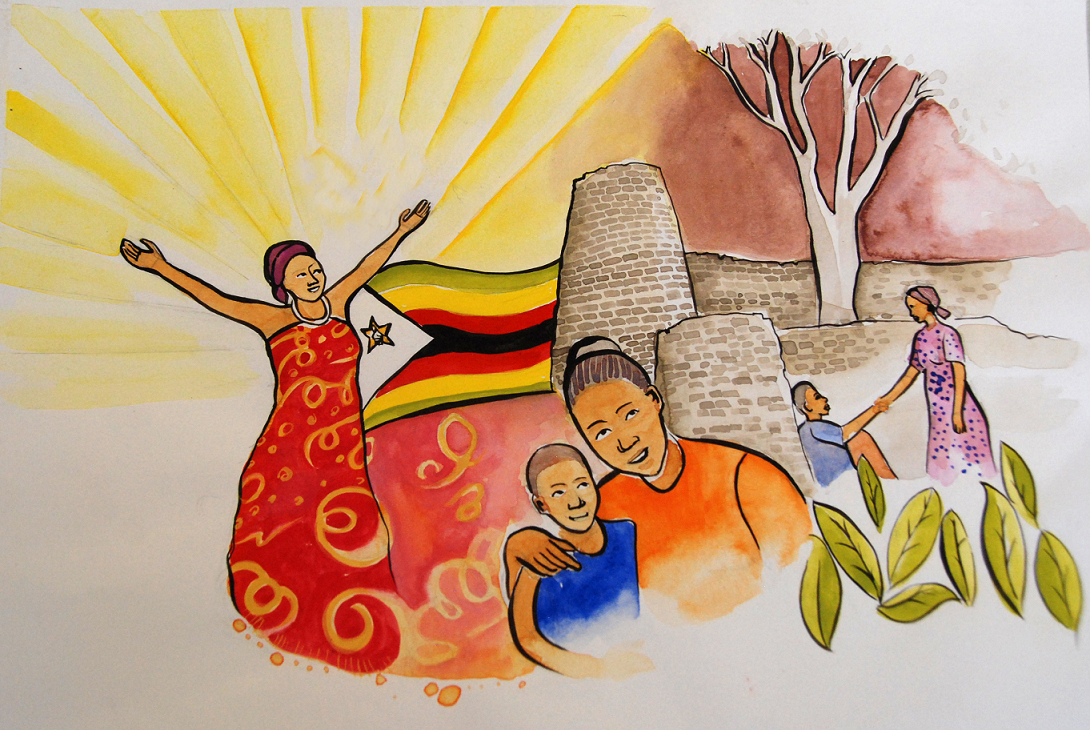Expect to hear the warm sounds of music from Zimbabwe on Friday, March 6 for the World Day of Prayer services. Local women’s groups will host these services using material written by women from Zimbabwe.
The service and Bible study “Rise! Take your Mat and Walk”, focus on the meeting between Jesus and a man in need of healing. In this story the women of Zimbabwe find hope for their nation. The service makes use of local symbols and words. It includes an opportunity for participants to commit themselves to love, peace and reconciliation.
“The many people from Zimbabwe and southern Africa living here will add colour and knowledge to our services. I encourage you to join in this movement of prayer for our world,” says Pauline McKay, National President.
Remembering their past struggle for independence and the strength of family and community, they invite New Zealanders to join them in prayer and solidarity for the future.
The women point to the immense suffering caused by poverty and political violence. The breakdown in the economy and in social assistance put pressure on families. In December, the United Nations warned that 7.7 million people or half the population did not have enough to eat.
Offerings from the services will go to Christian World Service partner the Dabane Trust providing water around Bulawayo, the Bible Society of Zimbabwe and the Interchurch Council for Hospital Chaplaincy as well as costs.
Nonny Mathe an artist from Bulawayo painted this year’s image to show the transition from the country’s difficult past to a more prosperous and promising future. The image shows the need for love, healing and reconciliation inspired by John 5: 2-9a.
The World Day of Prayer Committee encourages people to use the resources in other services.
For more information contact your local World Day of Prayer organising group or Zella at wdpnz@xtra.co.nz
The World Day of Prayer is a global movement of Christian women who come together to celebrate in prayer and action on the first Friday in March. Begun in the US and Canada in the nineteenth century, it became a global movement in 1927.
February 26, 2020


